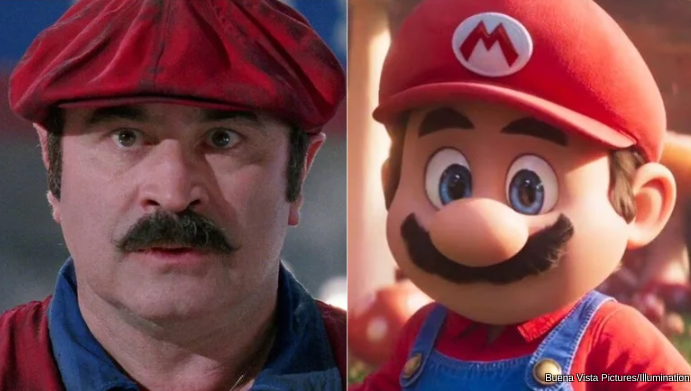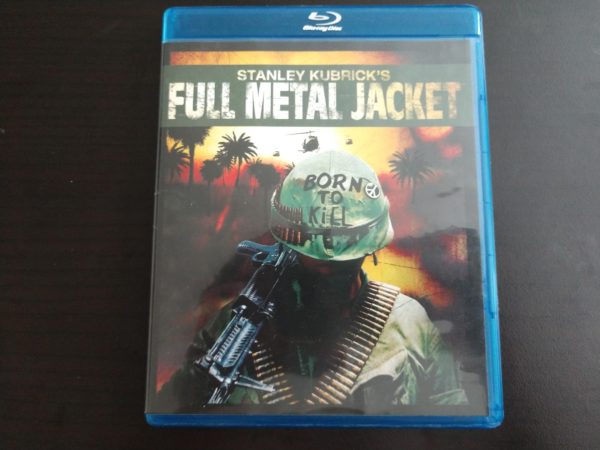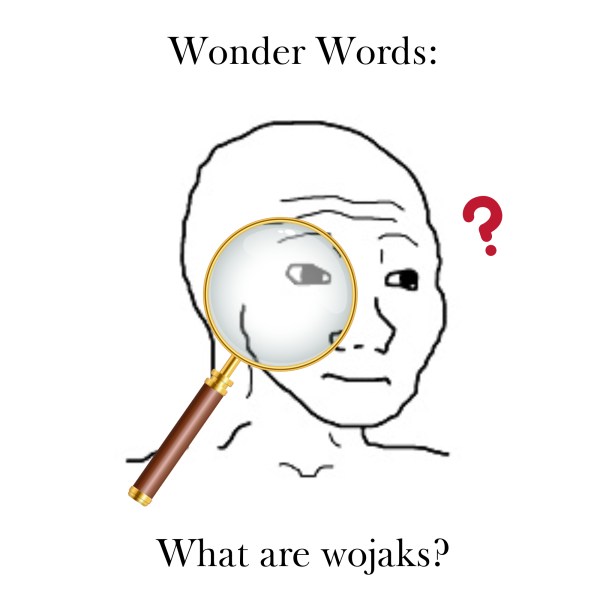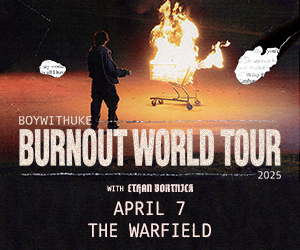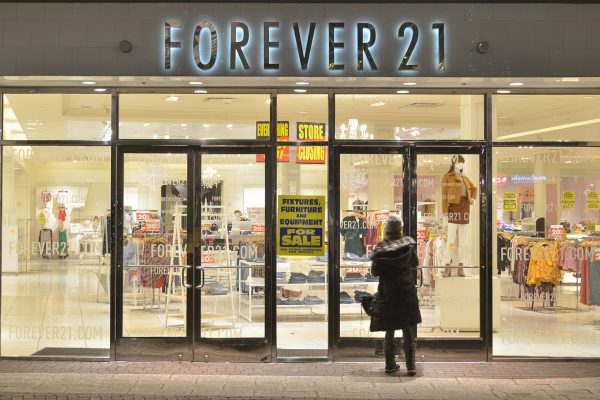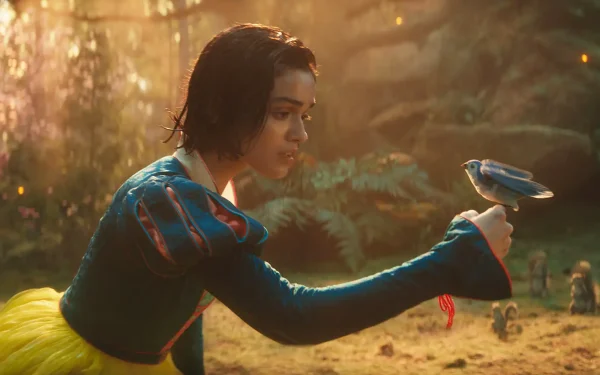The Long, Troubled History of Video Game Films
The Super Mario Bros. Movie did decently. The movie was received well by audiences and poorly by critics, with some citing a lackluster plot, and others defending it as a fun testament to the series. Where the movie shined was at box office, tearing through to the highest opening for an animated film and beating Frozen II by a solid $17 million. Furthermore, as of April 30, the movie is the first of 2023 to break $1 billion in global box office receipts.
But it hasn’t always been this way. Amongst this debate and success, it’s easy to forget what the Mario movie means in the big picture. The face of gaming has come to the big screen in a good video game movie. The term sounds increasingly like a commodity; each year seems to bring more solid-to-great video game adaptations. But in truth, to achieve even this lukewarm nirvana has been for the genre a decades-long struggle. To understand the genre’s future, unique problems, and the long road it’s taken to today, one must take their eyes off the discourse around The Super Mario Bros. Movie to the history of adapting games to the cinema.
In a strange symmetry, the first video game film adaptation was, in fact, Super Mario Bros. The film was released in 1993 and contrasted starkly with its modern counterpart’s success. Despite pioneering a genre, Super Mario Bros. failed to earn back even its $48 million budget in worldwide gross. The film’s critical story was similar—a 1993 Los Angeles Times article praised the movie’s visuals but described it as “wildly accomplished on one level, wildly deficient on another,” and the New York Times balanced acknowledgment for its actors and detail by placing its plot as “barely comprehensible in its last half-hour.”
Broadly, the movie set a precedent that would plague installments in the genre to come: cutting out the video game from the video game movie. Bowser appeared as a slick-haired animorph in a business suit, Mario and Luigi as regular middle-aged men, and, perhaps most infamously, goombas as indescribable trench-coated horrors of 1990s effects. The faithfulness of adaptation continues to be an issue since then, placated somewhat by a gradual turn to involving game developers in filmmaking.
The rest of the 20th century saw the release of only five more adaptations. Street Fighter and Mortal Kombat—both fighting game adaptations—provide perhaps the most useful analysis to round off this era. Their differing paths to the big screen are widely telling about video game adaptations.
In many ways, Street Fighter continued Super Mario Bros.’ legacy. The film was received poorly and criticized for confusing directions, despite being commercially successful. What’s interesting is its modern perception: many appraise the movie as such a campy mess it becomes fun to watch. Super Mario Bros. sometimes receives similar praise, but Street Fighter’s identity has morphed around it. “So bad that it’s good” is not a phenomenon exclusive to video game adaptations. And yet, considering its prevalence in the deep swamp that is the genre’s history, Street Fighter is an early example of a doctrine that now defines a large portion of cheesy video game movies.
Mortal Kombat, meanwhile, beat Street Fighter by a decent commercial margin. Comparing the movies’ critical reception reveals an even wider gap: on Rotten Tomatoes, Street Fighter and Mortal Kombat run 11% vs. 45% respectively, with a 34 vs. 60 difference on Metacritic. Many praised Mortal Kombat for focusing on energetic martial arts battles, with a Chicago Tribune critic writing “The only decent video game turned into a movie…[it contains] eye-popping visuals that can provide the same stimuli as the video game itself.” Mortal Kombat’s reception provides another lesson about game adaptations: they are often made successful by understanding and adapting a game’s essence, while excess story distracts from that core.
The 2000s saw an explosion in the quantity, if not quality, of video game adaptations, with 19 movies released compared to last decade’s 5. Commercial reception oscillated between box office bombs like Far Cry’s $743,634 to the Resident Evil series’ multiple $100 million earnings. Generally, review scores stayed low. A more positive development was adaptations’ continued visual praise; instead of the 90s’ Super Mario Bros. and Mortal Kombat, the 2000s brought the chilling ash-coated vistas of Silent Hill and the innovative (albeit flawed) computer animation of Final Fantasy: Spirits Within. More than anything, the 2000s seem to have solidified video game adaptations as low-scoring films, ones that rarely escaped being comedic messes or vaguely artistic eye candy.
Then something snapped. Adaptations seemed primed to keep flopping through the 2010s, with Tekken opening the decade at an impressive 0% on Rotten Tomatoes. But in 2016, an adaptation was released that majorly defined the genre’s modern era: Pokemon Detective Pikachu.
The film came out with the highest ratings of any live-action adaptation prior. It carried many hallmarks of the genre’s best—impressive visuals, fun characters, love for the source material—and was described by Forbes as “a good movie first and a promising franchise-starter or a brand cash-in second.” Most importantly, it can be perceived as opening the floodgates of unnaturally well-received adaptations, including Sonic the Hedgehog and The Super Mario Bros. Movie. As a result, Detective Pikachu marked a shift in video game movies from the laughingstock of film genres to one etching out an increasingly large name for itself.
That being said, video game movies today are by no means perfect or even particularly stand-out artistically. Yet looking at the turbulent road video game adaptations taken to today, it’s hard to see even the decent reception of The Super Mario Bros. Movie as anything but a triumph in the genre’s history.

